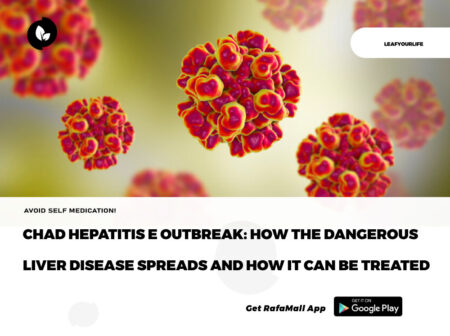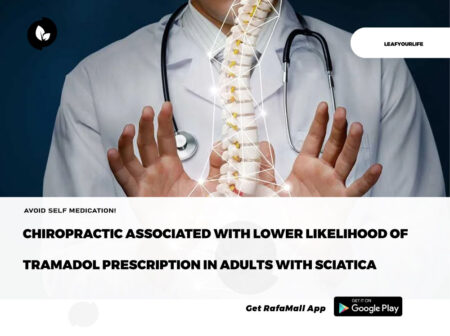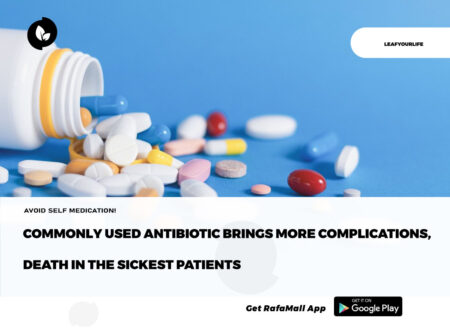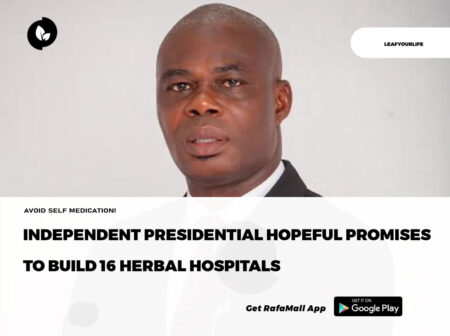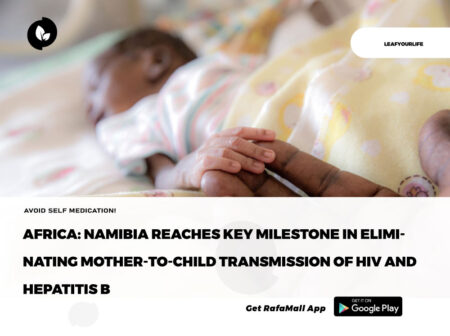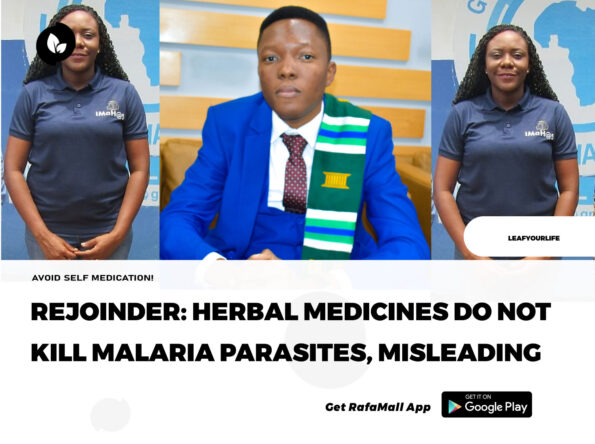
A LETTER TO DR. MRS DOROTHY HANSON
REFERENCING HER RECENT STATEMENT: HERBAL MEDICINES DO NO KILL MALARIA PARASITES
Doc,
This is a short message relayed in correction to the statement you made in your speech at the Ghana News Agency’s health communication platform in Tema on (24th May, 2023) that “herbal medicines do not kill malaria parasites”.
I will start with a few things you would find interesting to note about the relevance of herbal medicines to global health. According to WHO, over 80% of the world’s population relies on herbal medicines as their source of primary healthcare, (Ekor et al, 2014), of which malaria lists as one of the primary healthcare problems facing humankind.
The first effective treatment for malaria came from the bark of the cinchona tree, a herb that contains quinine.
Speaking of quinine and cinchona (a specie of plants of the family Rubiacaea), I would want to take you back to a few years before the 2000s. The days when chloroquine (a malaria drug formulated from cinchona in 1934), the basest treatment for malaria in the 1940s through to the early 2000s was not easy to come by as pharmacies that contained them were few and were miles away from rural settlements.
You would remember that it was the local herbalists or traditional healers in the small villages that used herbs to heal a lot of the sicknesses of most of the population in the communities, of which more than 60% of the diseases (rough estimate) were likely to be malaria as there was little access to laboratory technology for diagnoses by then, considering the fact that malaria was and is still endemic in Ghana and Africa as a whole.
You made the argument that herbal medicines only handle the symptoms of malaria and don’t kill the parasites. That is a misleading statement as research shows that herbal medicines are more inclined to wholly treat an individual towards the cure of non-surgical diseases and congenital disorders than orthodox medicines.
Yes, the achievements of orthodox medicines in the health industry is very great and commendable, and not to disprove the importance/relevance of orthodox or conventional medicines in any way at all but to draw the attention that complementary and alternative medicines (the category in which herbal medicine falls) hold evidence of attaining a good percentage of cures, managements and preventions of diseases worldwide and even on a far better safety scale, the reason for which its usage is increasing not only in Ghana but also across the world.
A little insight into a research paper that proves the total eradication of malaria parasites from patients by herbal medicines. K. P. Thompford, et al, in their research paper titled ‘An Open-Label Clinical Study Evaluating the Effectiveness of a Cryptolepis sanguinolenta based Herbal Antimalarial Agent’(2019) has this to say as part of their conclusion for their research; “In terms of the achievement of the primary outcome, 24 (72.72%) subjects had total parasite clearance with the other 9 (27.27%) attaining partial clearance by Day 7. No treatment failure and parasite recrudescence was also observed among the study subjects.
The product Mist Nibima was also well tolerated and shown to be safe as biochemical and hematological indices were normal post-treatment”.
The key phrase I would like to highlight here is ‘total parasite clearance’. It is not only the management of symptoms but also attaining total parasite clearance. Many such research papers are available backing the treatment of malaria by herbs with concrete scientific evidence. In present times, it is an evidence-based herbal medicine that is being practiced, the times of the doctrine of signatures and mere try-and-error approaches for treatment are long gone.
It would interest you to know that the very active ingredient(s) or pure compounds of most conventional medicines used to treat malaria in today’s world were extracted from herbal sources or synthesized with crucial knowledge gotten from studying the potent components of herbs. Below are some examples of the sources of modern anti-malarial drugs found in plants or herbs.
- Chloroquine (rarely used because of resistance) – Bark of Cinchona Species (family Rubiaceae)
- Artemisinin/Artesunate (one of the best treatments today) – Produced from Artemisia annua (family Asteraceae).
The references below confirm that the sources of most antimalarial drugs are plant-based. This flaws the statement you made that “no matter the number of herbal concoctions patients consume, that will not clear the parasites from their system”. If what you said is true and a fact, then the chloroquines and the famous Artemisinin Combination Therapies and Artesunate amodiaquine treatments would not clear the malaria parasites as well, but we all know that they do.
And yes, there are counterfeit or fake herbal malaria drugs in the system, no doubt about it but there are also genuine, researched, and approved herbal medicines used to treat malaria, accepted by authority boards and the general public.
The sole advice is that clients or patients should know these approved drugs to shy away from purchasing fake ones.
This letter is to help correct the misinformation given to the general public and herbal medicine lovers via your speech only, no other motives attached. The right information must always be put out there.
Thank You.
Yours sincerely,
A concerned Medical Herbalist.
A few more references for more information:
- Spencer CF, Koniuszy FR, Rogers EF, Shavel J Jr, Easton NR, Kaczka EA, et al. Survey of plants for antimalarial activity. Lloydia 1947; 10: 145–74
- Jefford CW. 1,2,4-trioxanes, the chemistry of a new class of saturated oxygen heterocycles. In: Simandi LI, ed. Dioxygen Activation and Heterogeneous Catalytic Oxidation. Amsterdam: Elsevier Science, 1991:555–64.
- Sudhanshu Saxena, Neerja Pant, D. C. Jain and R. S. Bhakuni. Antimalarial agents from plant sources. Vol. 85, No. 9 (10 November 2003), pp. 1314-1329

